Margot Neger, ‘Brief und Epigramm in den Nachrufen auf Literaten bei Sidonius Apollinaris (Epist. 4,11 und 8,11)’, in: Thorsten Fögen and Nina Mindt (eds), Brief und Epigramm, Berlin: De Gruyter, 229-58.
View catalogue
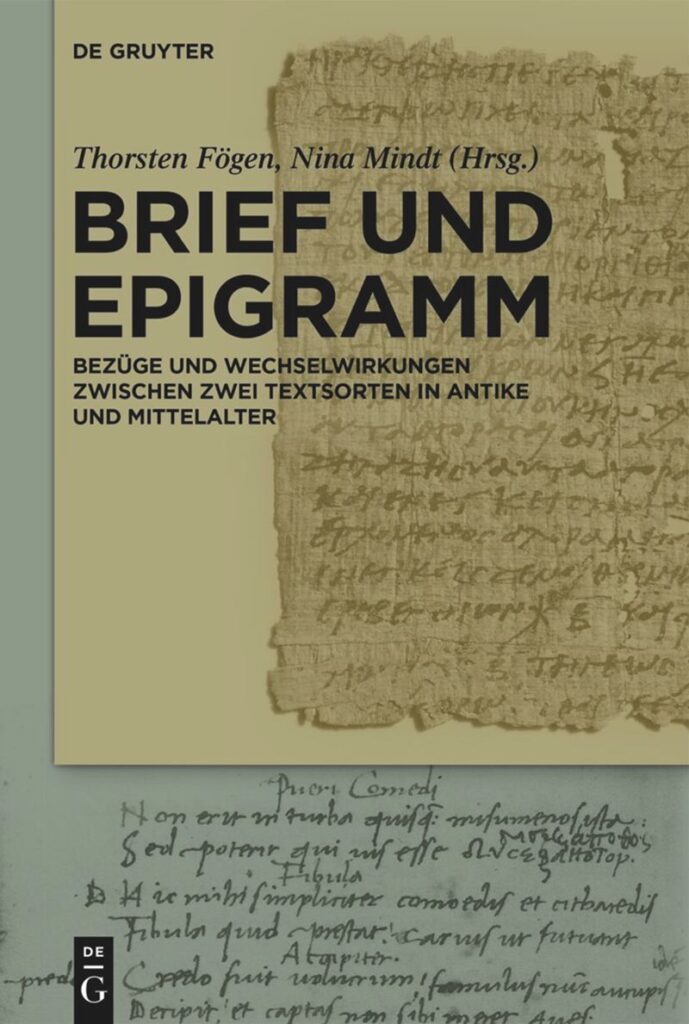
Margot Neger, ‘Brief und Epigramm in den Nachrufen auf Literaten bei Sidonius Apollinaris (Epist. 4,11 und 8,11)’, in: Thorsten Fögen and Nina Mindt (eds), Brief und Epigramm, Berlin: De Gruyter, 229-58.
View catalogue
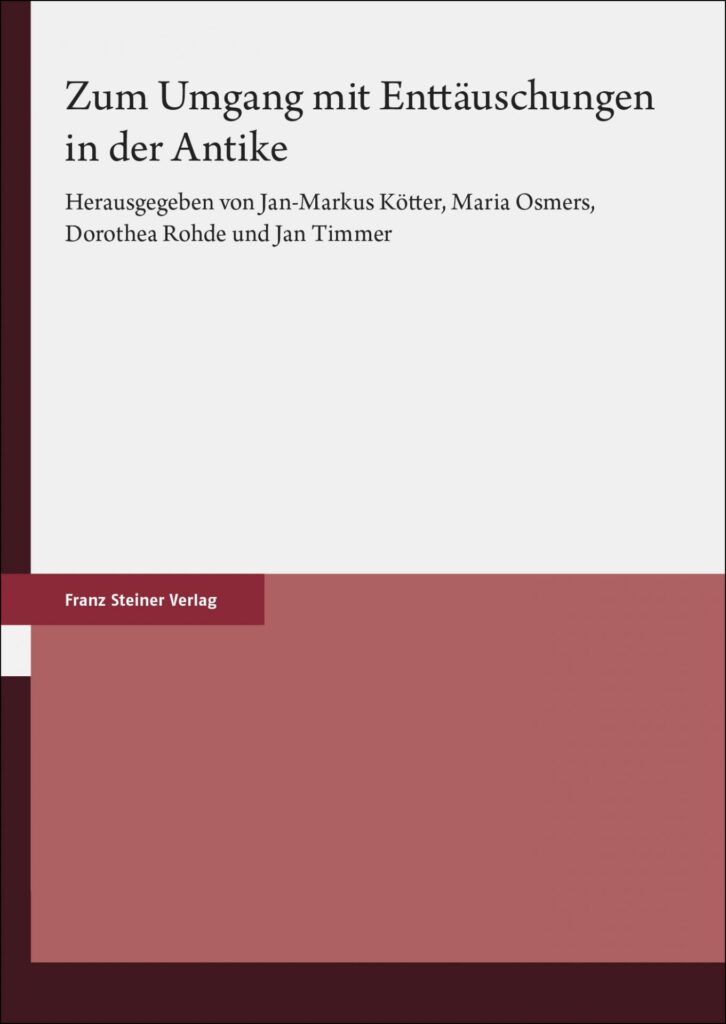
Henning Börm, ‘Enttäuschte Eliten. Das Scheitern des Kaisers Anthemius als historische Zäsur’, in: Jan-Markus Kötter, Maria Osmers, Dorothea Rohde and Jan Timmer (eds), Zum Umgang mit Enttäuschungen in der Antike, Stuttgart: Franz Steiner Verlag, 245-65.
See volume in catalogue
Read article in Academia (uncorrected proof)
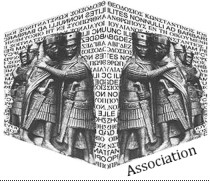
Luca Cadili, ‘In tunica Iouis: Sidoine Apollinaire et les antiquités romaines’, RET 12 (2022-2023) 39-50.
Access via RET contents
Abstract: In the panegyrics in honor of Avitus, Majorian, and Anthemius (carm. 7, 5, and 2), Sidonius Apollinaris gives detailed accounts of the consular robe the three emperors donned on different official occasions, proving a strong acquaintance with the ceremonies and the rituals of power involved in the imperial court protocol of his time. Such a familiarity has enabled him to retrace even the remotest history of this topic, as can be inferred from his reworking of a passage from Juvenal, which provides us with a most vivid and thorough description of the Roman triumphator’s garments and the celebration of his victory, as occurring in the Republican and early Imperial Age. By doing so, in a very original way, Sidonius shows that the military cloak the late antique consuls used to wear to make known their social status, the trabea or palmata, had indeed a very revered ancestor, having stemmed from the tunica palmata, the palm decked-robe in which, since the oldest times, victorious generals were shrouded on the very day their triumph was solemnized by their fellow citizens.
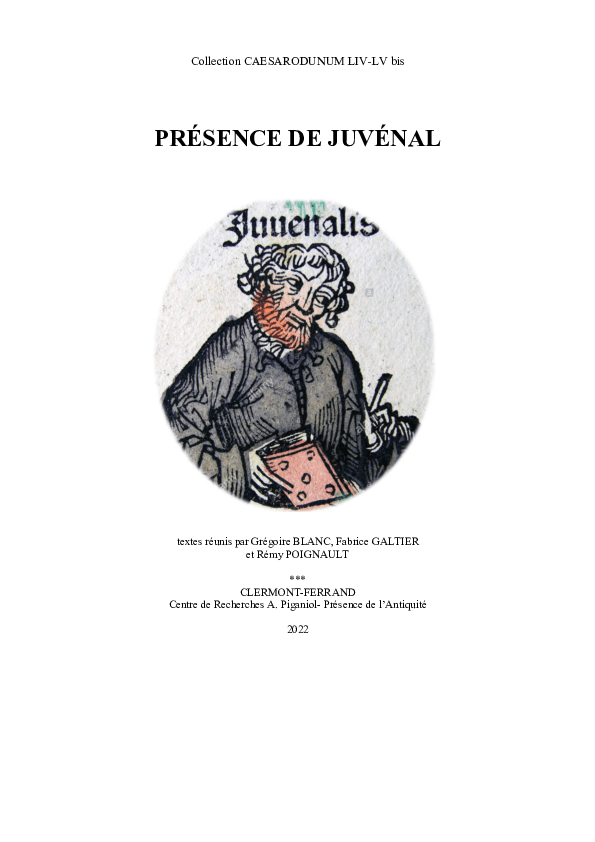
Étienne Wolff, ‘Présence de Juvénal dans l’Antiquité tardive et notamment chez Ausone’, in: Grégoire Blanc, Fabrice Galtier and Rémy Poignault (eds), Présence de Juvénal, Caesarodunum LIV-LV bis, Clermont-Ferrand, 2022, 275-85.
From Sidonius, discussions of Carm. 9.271-3, Ep. 8.9.1 (Juv. 7.62), 8.16.1 (Juv. 1.5-6).
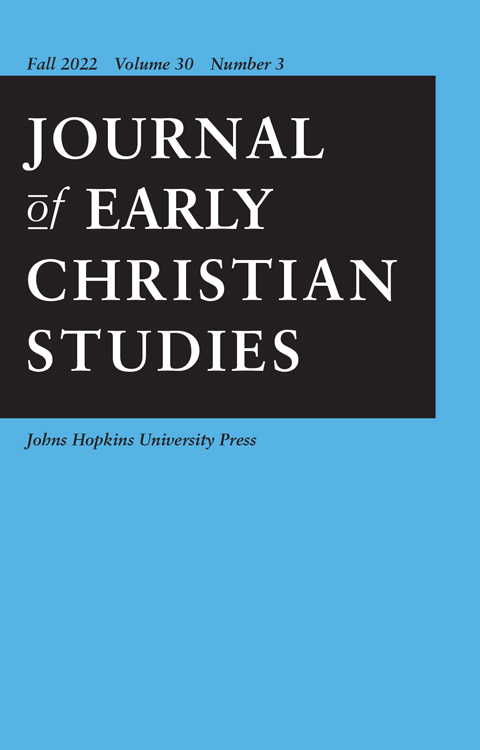
John-Henry Clay, ‘Claiming the Wilderness in Late Roman Gaul’, JECS 30 (2022) 403-32.
Abstract. To the educated classical mind, the cosmos was built on a dichotomy between order and chaos that permeated the physical and natural world. Wilderness was a manifestation of chaos, while human civilization reflected the principles of order. Due to a tradition of classical education, this dichotomy helped structure the response of educated Gallo-Romans to the Christian desert tradition as its ideals spread to the west. Despite the appeal of monastic asceticism, its association with the desert provoked suspicion among those trained to regard wilderness as the antithesis of civilization and culture. It is, however, possible to detect an evolution in attitudes over the last century of Roman rule in Gaul, as successive generations responded to social and political transformations and developed new ways of relating to the natural world. Includes discussion of Paulinus of Nola, Sulpicius Severus, Rutilius Namatianus, John Cassian, Eucherius, Sidonius Apollinaris, and other authors.
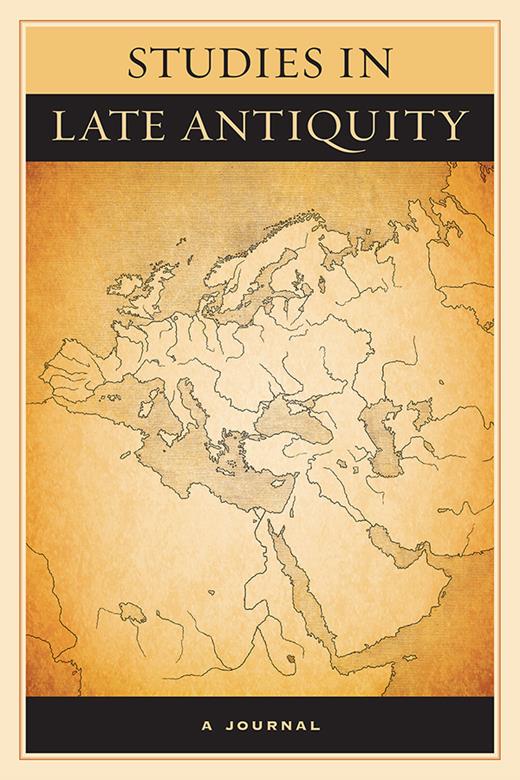
Audrey Becker writes on ‘The Power of Humility: Fifth-Century Gallic Bishops in Negotiations with Barbarian Kings’ in the latest thematic issue of Studies in Late Antiquity.
Abstract. This essay examines the diplomatic efforts of Gallic bishops with barbarian kings, in the tense period after 406 CE and during the raids of Attila in Gaul in 451. The first part of this essay seeks to understand the narrative strategies at work in five late antique Gallic hagiographies. Written decades after the events narrated in them occurred, under different political circumstances, these texts re-imagined and re-interpreted these diplomatic encounters, bolstering claims of episcopal authority. The second part of this essay contextualizes the hagiographic claims of Gallic bishops’ involvement in diplomacy, paying particular attention to the role of episcopal humility in diplomatic encounters. It shows that this humility was not only a topos but also a useful diplomatic and religious tool.
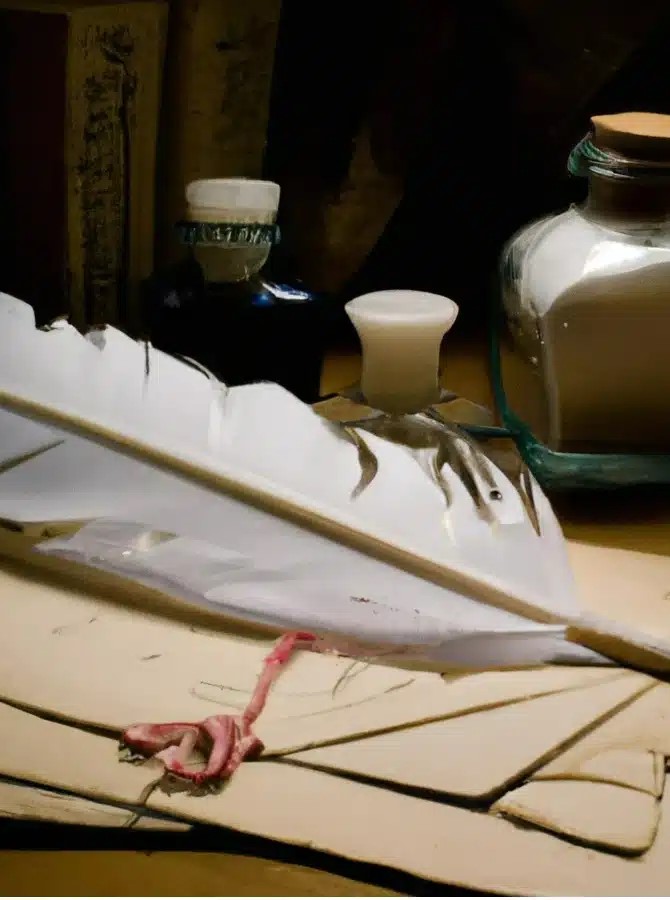
Elena Litovchenko published ‘”In the arms of letters”: textual mechanisms of communication in late antique epistolary networks’ [in Russian with English abstract] in Research Result. Theoretical and Applied Linguistics 9 (2023) 159-77.
Online access here
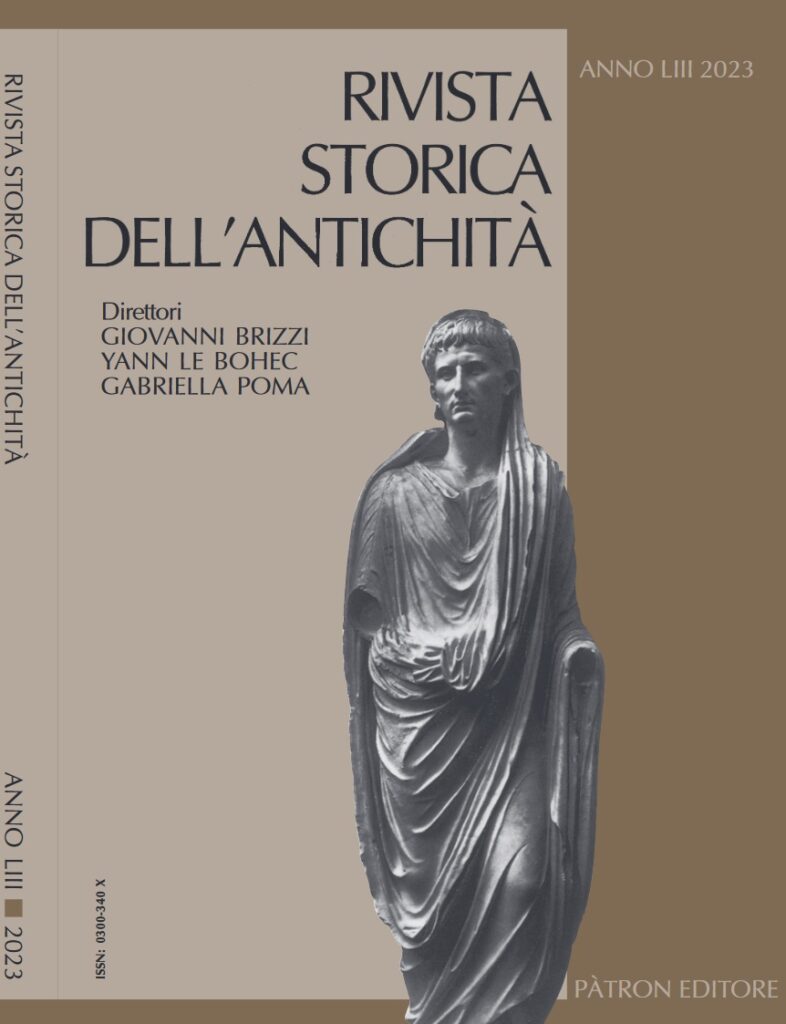
Luciana Furbetta wrote ‘Dinamiche interazionali tra le élites e il potere a partire dalla testimonianza delle epistole di Sidonio Apollinare e Avito di Vienne’, Rivista Storica dell’Antichità 53 (2023) 297-313.
Abstract. The paper proposes some reflections on the possibility of combining the linguistic-philological analysis of late antique letter collections with the study of communication processes. In particular, we aim to study the modes of social interaction and mechanisms of action orientation within aristocratic circles between the power (with reference to the courts of barbarian kings and the ecclesiastics). The field of application chosen as a case study are the letters of Sidonius Apollinaris and Avitus of Vienne.
Read it here
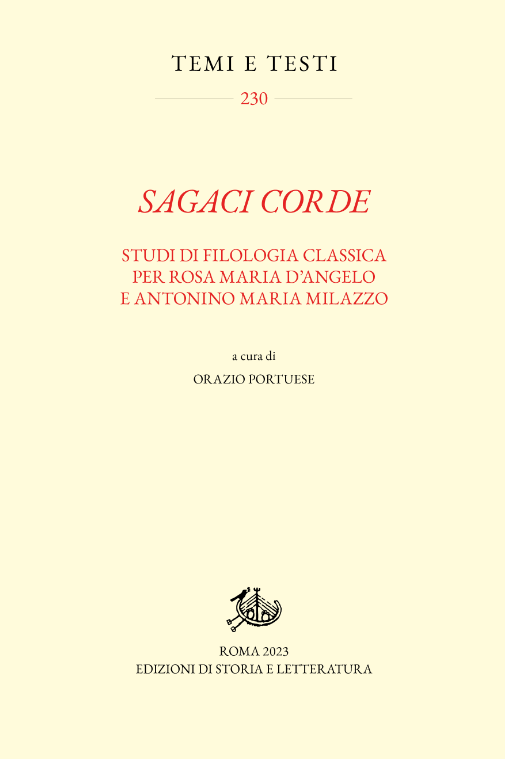
Marco Onorato wrote an interpretation of Carmen 21 De piscibus nocte captis, ‘Le tenebre e il lago. Il De piscibus nocte captis di Sidonio Apollinare e il ciclo di Avitaco’, in Orazio Portuese (ed.), Sagaci corde. Studi di filologia classica per Rosa Maria D’Angelo e Antonino Maria Milazzo, Rome: Edizioni di Storia e Letteratura, 2023, 283-93.
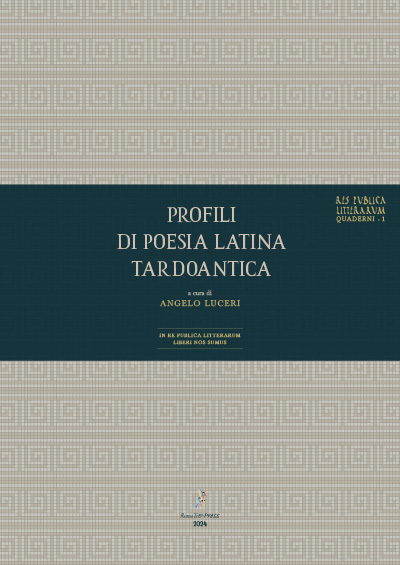
Luciana Furbetta reconsiders the notion of nugae in Sidonius in ‘Nostrae vagae nugae: Sidonio Apollinare e la poesia’, in: Angelo Luceri (ed.), Profili di poesia latina tardoantica, Res Publica Litterarum Quaderni 1, Rome: RomaTre-Press, 2024, 53-86.
Available in open access here